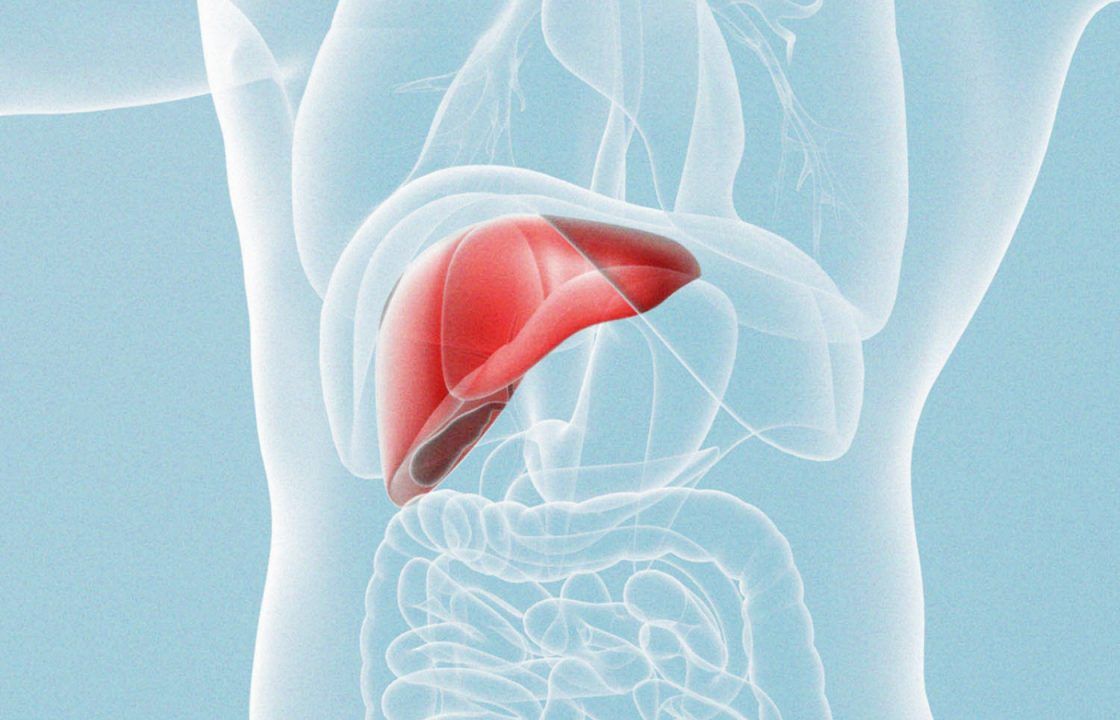People who have been cured of hepatitis C face a substantially greater risk of death compared with the general population, researchers at a Scottish university have found.
In the largest study of its kind, Glasgow Caledonian University found that those who have been successfully cleared of the disease were between three and 14 times more likely to die compared with those who have never had hep C, depending on the severity of liver disease caused by the illness.
The study also found that deaths among Scottish patients were 4.5 times greater than the general population, with 442 deaths versus 98 expected.
Deaths in England were slightly higher, with patients facing a mortality rate five times higher than the expected number.
More than 21,790 patients were examined, and results showed that drug and liver-related causes of death were the main drivers of excess deaths.
All individuals studied had achieved a hepatitis C cure between 2014 and 2019.
Researchers have called for more to be done to highlight the importance of continued support in order to fully realise the benefits of a hep C cure.
The virus can lead to severe and life-threatening liver damage if left untreated over many years.
Direct acting antivirals (DAA) were developed in 2011 and more than 95% of patients treated with the drugs achieve a “virological care” and have a much lower risk of death than untreated patients.
The study’s principal investigator Dr Hamish Innes, senior research fellow in the University’s school of health and life sciences’ research centre for health (ReaCH), said: “Our research shows that cured patients continue to face very high mortality rates after achieving a hepatitis C cure, driven by liver and drug-related causes.
“While antiviral therapies are crucial, it is clear they are not a panacea. The UK and other countries are on course to eliminate hepatitis C, but after it is eliminated, we will still be left with high mortality rates.
“The question is what can we do to pre-empt this? Hepatitis C treatment is an opportune time to address competing health problems, including alcohol and drug use, and to establish life-saving screening for liver cancer.
“We should be doing much more to support patients after cure. Otherwise, when we look back in years to come, we may see hepatitis C elimination not only as a great achievement, but as a great missed opportunity too.”
The findings were co-authored by biostatisticians Dr Victoria Hamill of Glasgow Caledonian University and Dr Stanley Wong of the British Columbia Centre for Disease Control in Canada, with his colleague Dr Naveed Janjua, also playing a key role.
They spent more than two years as part of a team of 31 experts from around the world.
Dr Hamill said: “This research is very important because it is the largest of its kind that shows people cured of hepatitis C still face a high risk of death in terms of complications they might experience afterwards.
“Death rates won’t fall unless these patients are given continued support.”
The study also examined patients in British Columbia where death rates among successfully treated individuals were 3.9 times higher than those who have never had hep C, with 821 deaths versus 209 expected.
Death rates increased from three times higher in pre-cirrhosis patients from British Columbia up to 14 times higher for end stage liver disease patients.
A total of 1,572 (7%) of participants died during follow-up.
The leading causes of death were drug-related (24%), liver failure (18%) and liver cancer (16%).
Rachel Halford, CEO of The Hepatitis C Trust, said: “This important research demonstrates the need for meaningful follow-up and support for patients who have had hepatitis C.
“The high number of liver cancer deaths found in this study highlights the importance of diagnosing hepatitis C as early as possible to treat the virus before it causes irreversible damage to the liver.
“Adherence to treatment and follow-up to make sure the virus has been cleared are crucial.”
Follow STV News on WhatsApp
Scan the QR code on your mobile device for all the latest news from around the country


 NCCIH
NCCIH
























